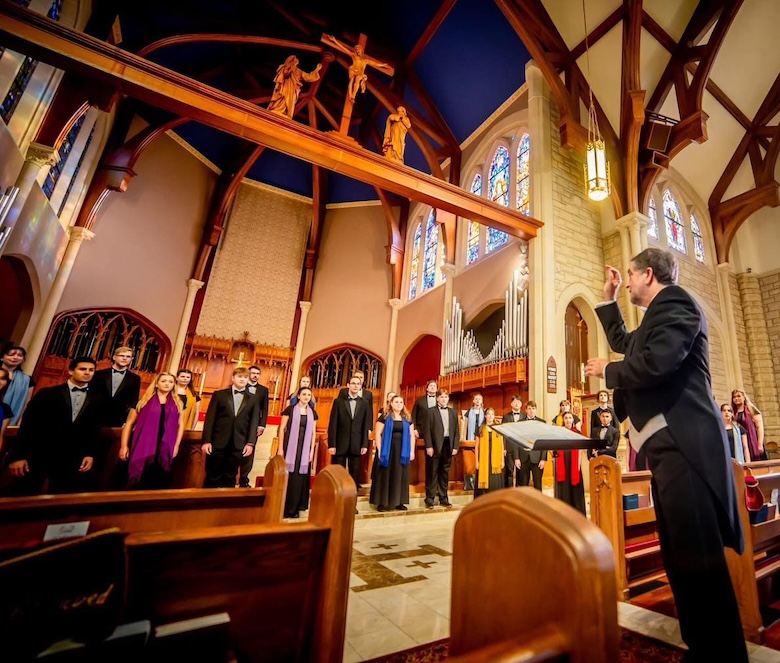Retired KU educator's gift commitment establishes Melville professorship
August 29, 2016

A gift commitment from Elizabeth Schultz, professor emerita of English at the University of Kansas, will provide $1.5 million for the Herman Melville Distinguished Professorship in the Department of English. Schultz taught at KU from 1967 to 2001.

Photo by Elizabeth Schultz
Schultz hopes the professorship will bring someone to KU who will teach one or more of the great American writers of the mid-19th century: Herman Melville, Emily Dickinson, Nathaniel Hawthorne, Harriet Beecher Stowe, Henry David Thoreau, Frederick Douglass, Ralph Waldo Emerson and Walt Whitman. In particular, she hopes the Herman Melville Distinguished Professorship will inspire someone to focus on Melville’s great novel, Moby-Dick.
Schultz says she is grateful for “an opportunity to envision a future where the value of reading, writing and thinking critically continues to be significant.” Schultz adds, “Moby-Dick has been deeply important to many thoughtful people in the United States and around the world, and this gift is a way of sharing with the future.”
Chancellor Bernadette Gray-Little expressed her gratitude for Schultz’s gift.
“This tremendous gift enables us to add another world-class scholar to our already outstanding faculty and advance our mission of educating leaders,” Gray-Little said. “On behalf of the entire university, I offer my sincere thanks to Professor Schultz for her generosity, and I look forward to future generations of KU students enjoying and appreciating great literature the way she has throughout her life and career.”
Anna Neill, chair of the English Department at KU, thanked Schultz for her gift and ongoing commitment to the department.
“This gift represents an enormously exciting opportunity for the English Department. The appointment of a prominent senior scholar in this field, in combination with our excellent existing faculty, will really put us on the national and international map in American literary studies,” Neill said. “We could not be more delighted or more grateful for this extraordinary gift.”
During her 34 years at KU, Schultz earned numerous awards for her teaching. These included the KU Outstanding Woman Teacher Award, the Standard Oil Achievement Award for Excellence in Teaching, the HOPE Award, the Mortar Board Outstanding Educator Award, a Chancellors Club Teaching Professorship, and was named a Danforth Associate. This fall, Schultz will receive the CLAS Career Achievement Award, which recognizes her distinguished teaching career and the profound impact that she has made on the lives of her students.
Melville’s most famous novel, Moby-Dick, has had profound and evolving implications for generations of readers worldwide, including Schultz and her students. From the Vietnam War to issues of race, gender, environmentalism and feminism, Schultz sees the novel’s relevance in many facets of American culture.
“The test of a great work of literature is that it never wears out — the questions it raises are good for all times and all people,” Schultz said. “It always continues to challenge us, and to ask all-important questions.”
Schultz was born in Tennessee and raised in Michigan, spending her formative years in Flint, Mich. She earned a bachelor’s degree from Wellesley College in 1958 and taught English in Japan before returning to earn her master’s and doctorate degrees in English and American Literature from the University of Michigan.
Schultz didn’t start her academic career with a focus on Melville. When she came to KU in 1967, she taught a course that focused on Henry James, with Moby-Dick taking more of a background role.
What she found was that young male students identified with Moby-Dick, in which a captain is leading a crew into demise against the whale, an enemy the captain has designated in his mind. Those students were anticipating being drafted, and they recognized their own fears in the novel, Schultz said.
Moby-Dick, over her years of teaching this novel and other works by Melville, always remained relevant to her students, Schultz believes, raising new and significant cultural and philosophical questions for them.
“That is the genesis for my increasing commitment for understanding this novel and for teaching it,” Schultz said.
She was inspired to endow the professorship because after she and colleague Haskell Springer retired (he also was a Melville scholar), Moby-Dick did not appear with any frequency on class reading lists in the English Department.
“To my mind, Moby-Dick is our culture’s most capacious novel,” Schultz said. “There are other novels that are certainly significant, some more so than others. But considering how it continues to give and give and give after 165 years, I believe the one great novel is Moby-Dick.”
KU Endowment is the independent, nonprofit organization serving as the official fundraising and fund-management organization for KU. Founded in 1891, KU Endowment was the first foundation of its kind at a U.S. public university.
Posted on
August 29, 2016
Share this article
Connect with Us




